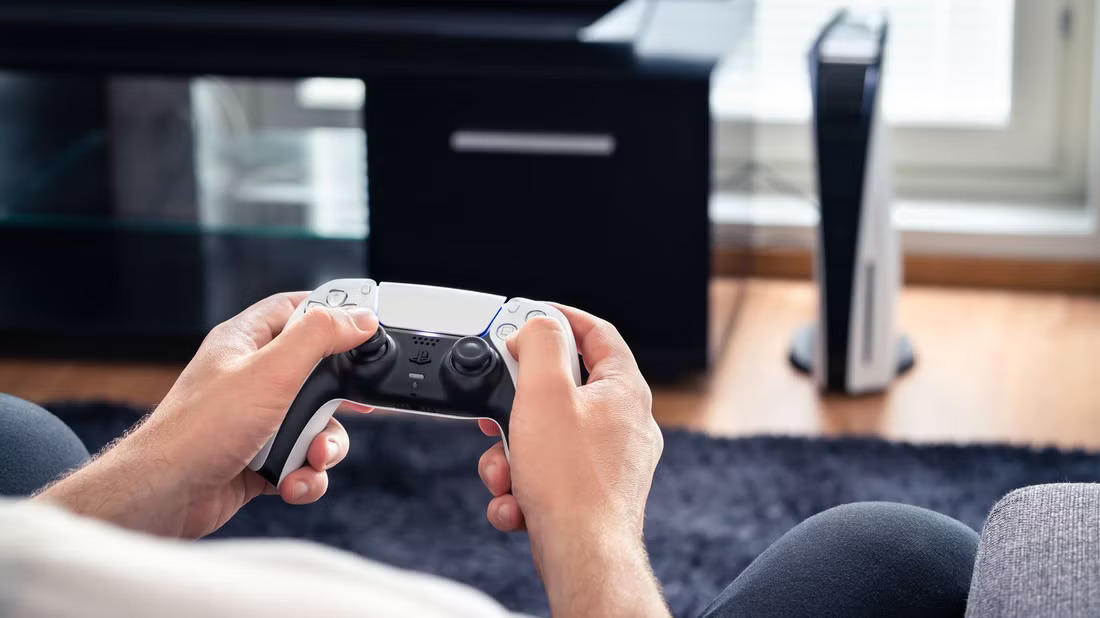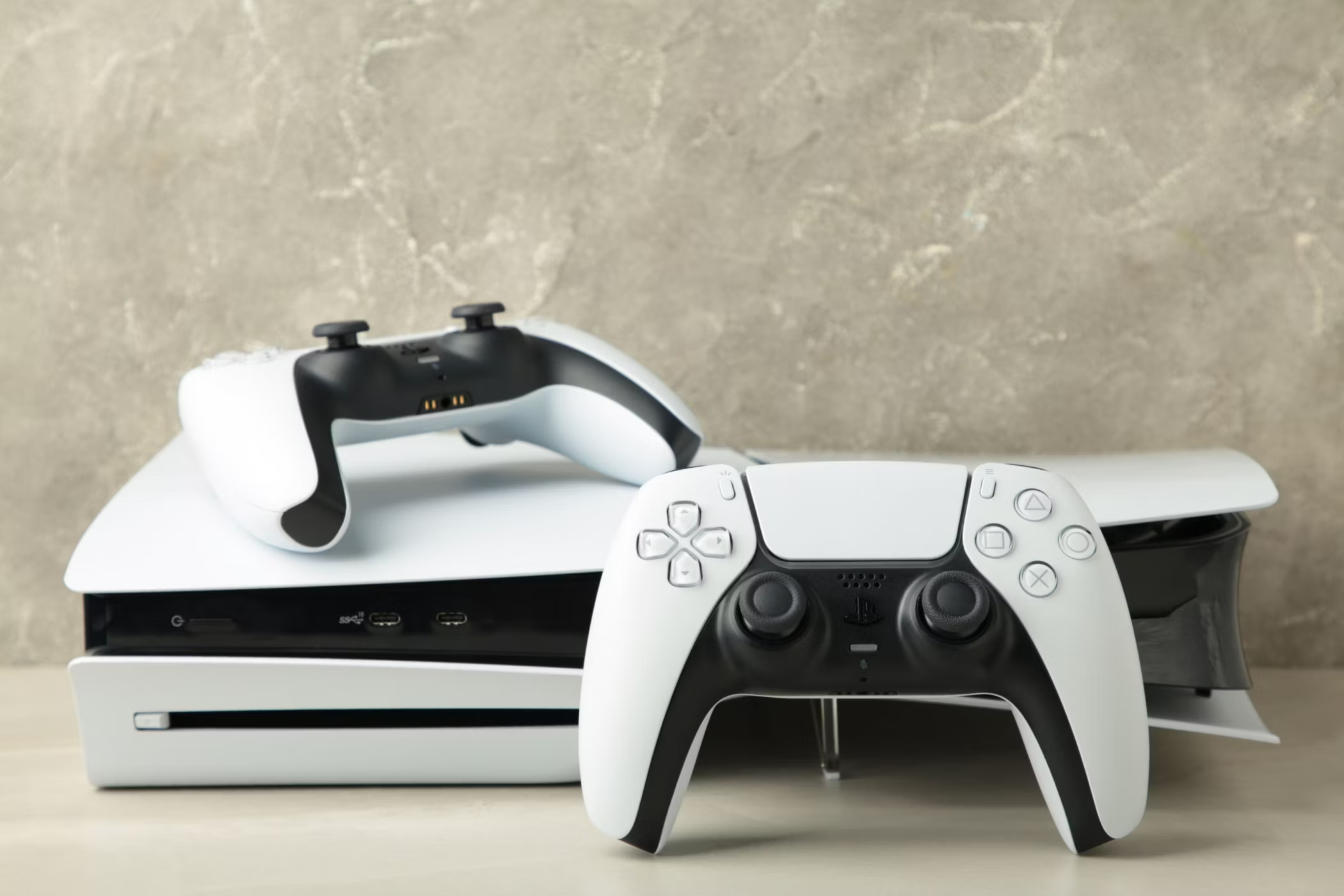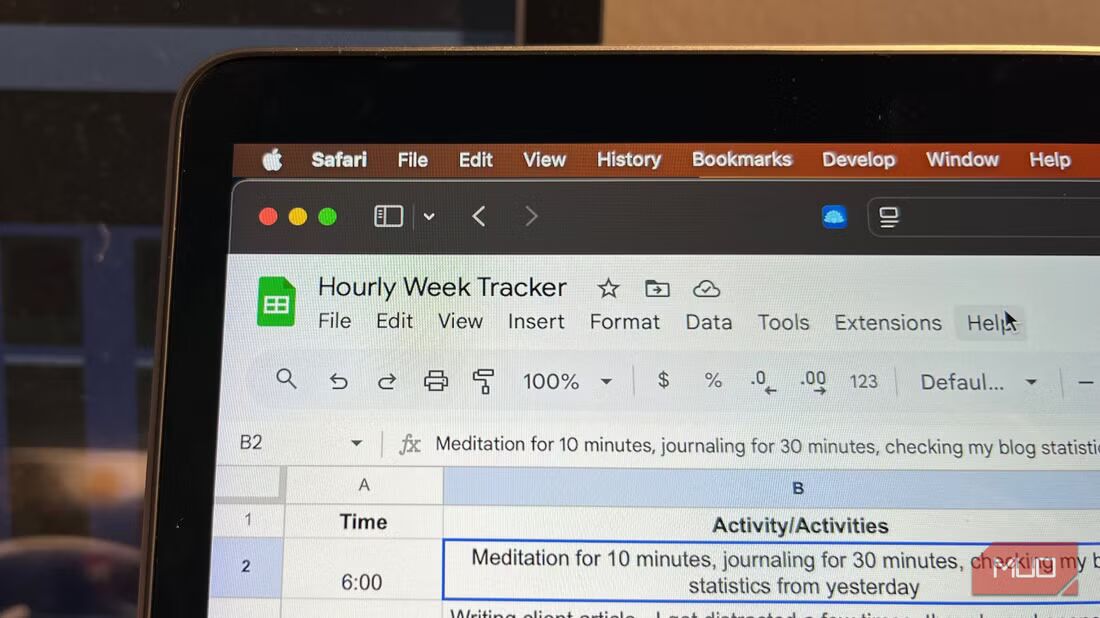Key Takeaways
- You can’t really choose console specs as they’re designed to be one-size-fits-all.
- Consoles don’t offer a lot of upgradability options.
- You should rather consider game preference, ecosystems, controller options, and usage over specs when buying a console.
The gaming console space is more active than ever, with everything from handhelds that pack a whole PC in a portable format to $700 “Pro” consoles that let you game in 4K at 60 FPS. While this gives you a lot of choices, there’s an increasing emphasis on a console’s specs. But in a device where you can’t really upgrade anything apart from the storage, do console specs really matter?
Why Console Specs Don’t Really Matter
PC gamers scrutinize the specs of their setup when deciding the best components to choose from. But for console gamers, specs don’t matter as much because of two reasons…
1. You Don’t Get to Choose Console Specs
Whether you’re on team PlayStation, Xbox, or any other console, there’s not really much choice when it comes to hardware specifications. Consoles are designed to be a one-size-fits-all product where the company releases one console in a couple of variants and that’s about it.
If you’re considering buying a PlayStation 5 or Xbox Series X, two of the latest consoles from Sony and Microsoft respectively, you’ll quickly find out that there are only a couple of options when it comes to the purchase.
If you’re on team PlayStation, you get to choose between a slim, non-disk, or Pro variant; while Xbox offers two consoles in its latest generation — the Series X and Series S, the latter being more of a budget option with less powerful hardware. We’ve already compared the specs between a PS5 and an Xbox Series X if you want to get into the details.
This holds true even in the handheld market, with the best example being the Nintendo Switch. You get to choose either the standard Switch, OLED, or Lite variant. The Lite gives up on some creature comforts like detachable controllers and TV output for a lower price tag. The Switch and Switch Lite are practically identical when it comes to processing power, so it makes much more sense to consider things like the form factor, screen, battery life, and other aspects instead of specs.
PC gaming handhelds are the only “consoles” where you should consider specs, simply because a ton of companies are making handheld PCs and they use varying components, which make performance differences viable enough to consider hardware specs. However, at that point, you’ve moved away from traditional console gaming and more into the PC gaming realm.
2. The Lack of Upgrade Options
Compared to something like building a PC where you have endless configuration options between your motherboard, CPU, GPU, memory, storage, cooling solutions, power supply, and more; the choice of console variants doesn’t even come close. You can’t swap out individual console components like the CPU or GPU later either, so it really doesn’t make sense to be worrying about hardware specs.
In most consoles, the only thing you can realistically upgrade is the storage. Everything else is soldered to the console’s motherboard, meaning there’s no room for an upgrade or component swap. And even if you had the expertise to take a soldering iron to your console’s motherboard and swap out a component, there’s a good chance you’ll brick your console.
There is some merit to console specs when you consider generations of consoles within the same ecosystem. For example, the PlayStation 5 Pro is arguably more powerful than the base Playstation 5 due to better specs, but there are still reasons why you shouldn’t upgrade to the Pro variant. Everything that the PS5 Pro does, the PS5 will do as well, at the expense of a small drop in performance and graphics quality.
Things to Actually Consider When Buying a Console
Instead of specs, you should be focusing more on what games you like playing, which ecosystem you like better, what controller options are better for you, external hardware support, and what you use your console for other than gaming in general.
For example, if you want to play a game that’s a PlayStation exclusive, you’re going to have to get a PlayStation — there’s no alternative. This also applies across console generations as games released for the newer, current-gen consoles won’t run on their older counterparts.
Different consoles also have different kinds of controllers. I prefer Xbox-style controllers while you might like the PlayStation 5 controller better. So if we go picking consoles, you’ll naturally gravitate towards the PlayStation while I’d like to pick up an Xbox.
Another example is VR. If you want the best console VR gaming possible, the PS VR2 and a PlayStation 5 are your best friends. Note that you can play VR games on an Xbox as well, but you’re going to need a Meta Quest and then configure it to work on the Xbox, while the PlayStation supports the PS VR out of the box.
There are several things you should consider before buying a new console, but specs don’t need to be one of them. You’re buying a console to have a good time playing games, and not to get into a “spec war” with fellow gamers. What matters most is the fun you have with your console, not the specs inside it.





